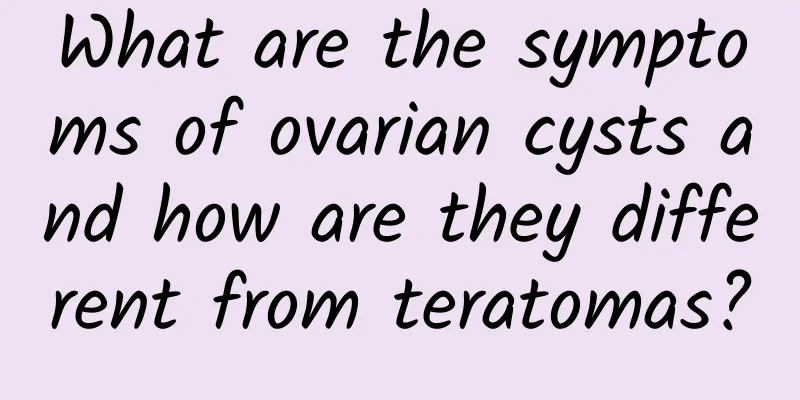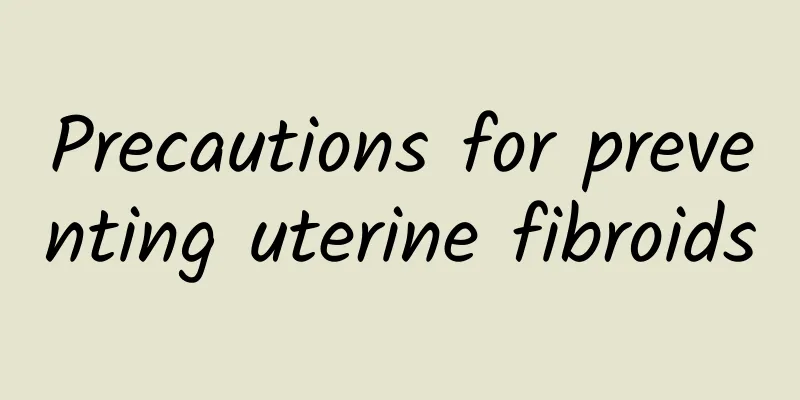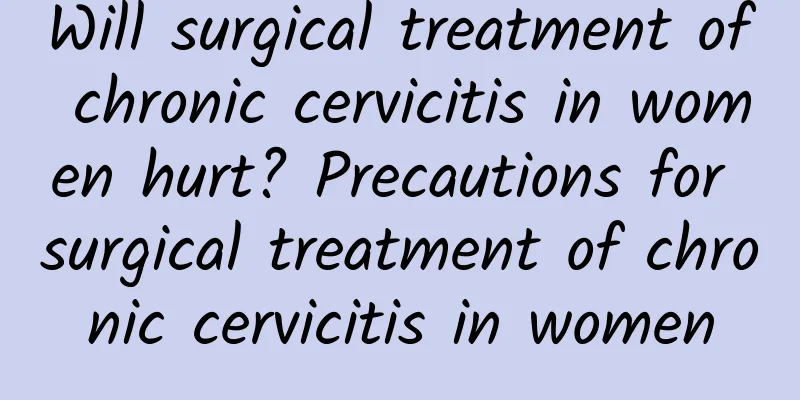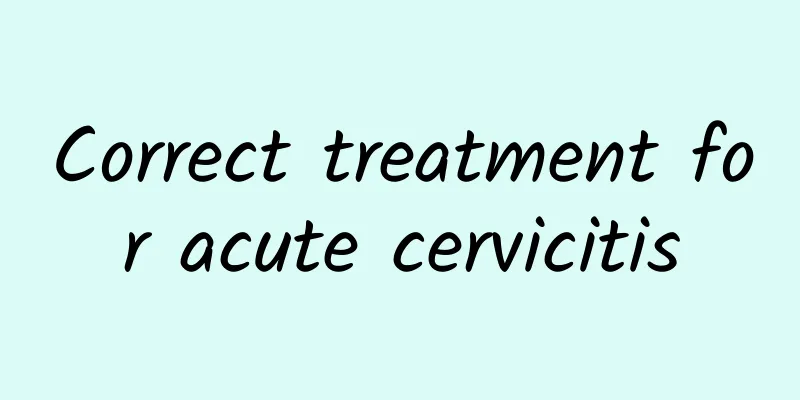What are the symptoms of ovarian cysts and how are they different from teratomas?

|
We can help diagnose the symptoms of gynecological diseases, and ovarian cysts are similar to many gynecological diseases. So, what are the symptoms of ovarian cysts? How is it different from a teratoma? Symptoms of ovarian cysts include: 1. Abdominal pain: If the tumor has no complications, the pain is rare. Patients with ovarian tumors may feel abdominal pain, especially when it occurs suddenly. It is usually caused by tumor pedicle torsion or tumor rupture, bleeding or infection. Abdominal pain and leg pain caused by malignant cysts often cause patients to seek emergency treatment. 2. Discomfort in the lower abdomen: Due to the weight of the tumor itself, affected by intestinal peristalsis and posture changes, the tumor moves in the pelvic cavity, involving its pedicle and pelvic infundibulum ligament, causing swelling and descent of the lower abdomen or bone fossa. 3. Thickening of abdominal circumference and increased abdominal swelling: Patients with ovarian cysts notice that their shirts or belts appear tight, or occasionally feel it in the morning, so they press their abdomen and find that their abdomen is swollen, coupled with abdominal distension and discomfort. Although both ovarian teratoma and ovarian cyst are ovarian lesions, there are actually many differences between the two. Take the susceptible population as an example. The age of onset of the former ranges from newborns to old women in their 90s. The latter is only very common in women aged 20 to 50, and most older women are benign. Teratoma is a common disease in women, a frequently occurring disease, and a benign ovarian tumor. Teratoma is not brought by the mother, but is a tumor that may occur at any time. Ovarian cysts often occur during the reproductive age when endocrine secretion is active. Therefore, clinically, ovarian diseases are believed to be closely related to endocrine disorders. Most cysts are benign, but they can also develop into malignant ones and should be taken seriously. The following drugs are used to treat related gynecological diseases: Breast lobular hyperplasia, uterine fibroids, and ovarian cysts are caused by qi stagnation and blood stasis. Hongjin Xiaojie Capsule: Used to treat lobular hyperplasia of the breast, uterine fibroids, and ovarian cysts. Xiaojie'an Capsules: Used for breast lumps, breast lobular hyperplasia, ovarian cysts, uterine fibroids, etc. caused by qi stagnation and blood stasis. |
<<: What should I do if my menstruation has not come for a long time?
>>: Is mild uterine prolapse serious?
Recommend
Constipation accelerates aging! 7 tips to say goodbye to constipation
There are many reasons why people usually have a ...
Can grapefruit help you lose weight? High-fat diet is more effective
Hollywood actress Kylie Minogue once used the gra...
Experts introduce the common symptoms of uterine fibroids
Many people must have heard of the disease of ute...
Welcome early summer with 10 slimming soups
A slim figure and beautiful skin require our dail...
Can unclean sexual life lead to cervical erosion? What are the treatments for cervical erosion?
Cervical erosion brings a lot of trouble to women...
How long after a painless abortion can I go out?
How long can you go out after a painless abortion...
What should not be eaten after uterine fibroid surgery? What fruits should not be eaten after uterine fibroid surgery?
What should not be eaten after uterine fibroid su...
There are several things to note about preventing ectopic pregnancy:
Ectopic pregnancy is a common disease, and it is ...
What are the precautions for pelvic inflammatory disease
Pelvic inflammatory disease is a common gynecolog...
Treatment of ovarian cysts requires regular gynecological examinations
After years of research, there are four main meth...
Chickpeas are a good starch for reducing sugar! 2 great tools for weight loss! Chickpeas vs. brown rice and quinoa: these nutrients win big
Many female celebrities such as G.E.M. and Alyssa...
What are the symptoms of chronic pelvic inflammatory disease
Chronic pelvic inflammatory disease is a common d...
What are the dangers of ovarian cysts?
What are the dangers of ovarian cysts? Ovarian cy...
How to completely treat Trichomonas vaginitis?
How to completely treat Trichomonas vaginitis? Tr...
How to treat bacterial vaginosis
Bacterial vaginitis is a very common gynecologica...









